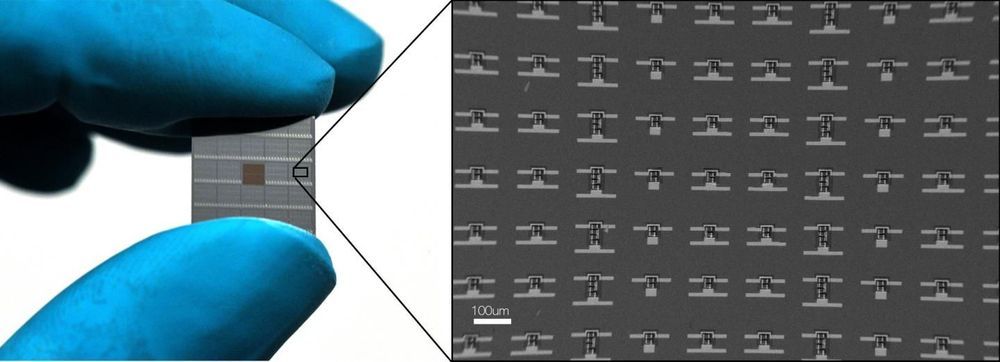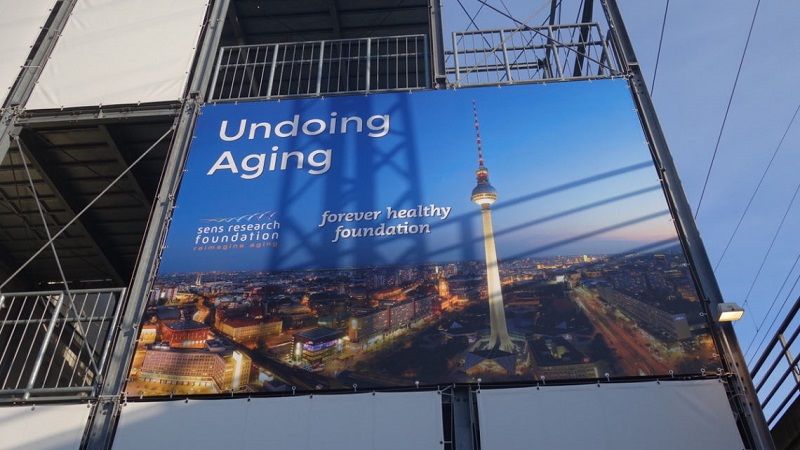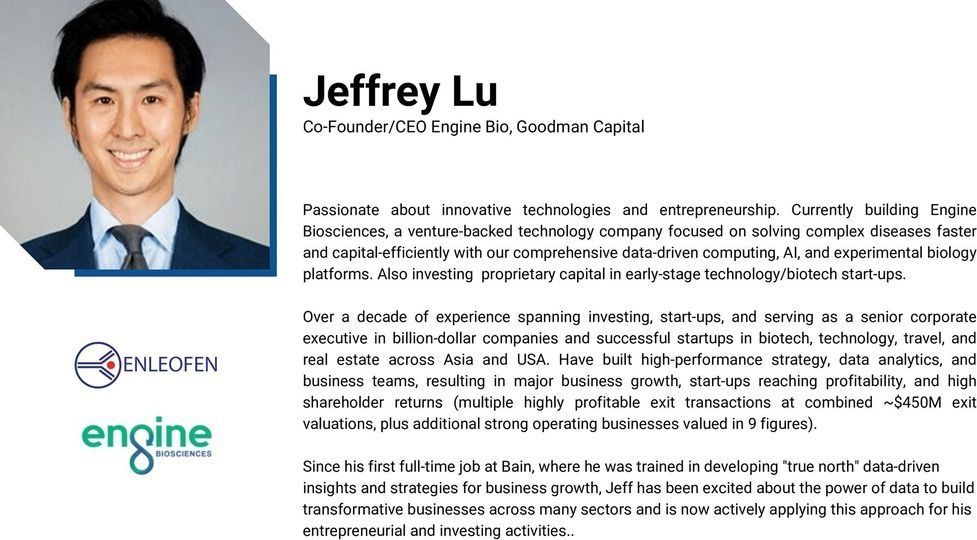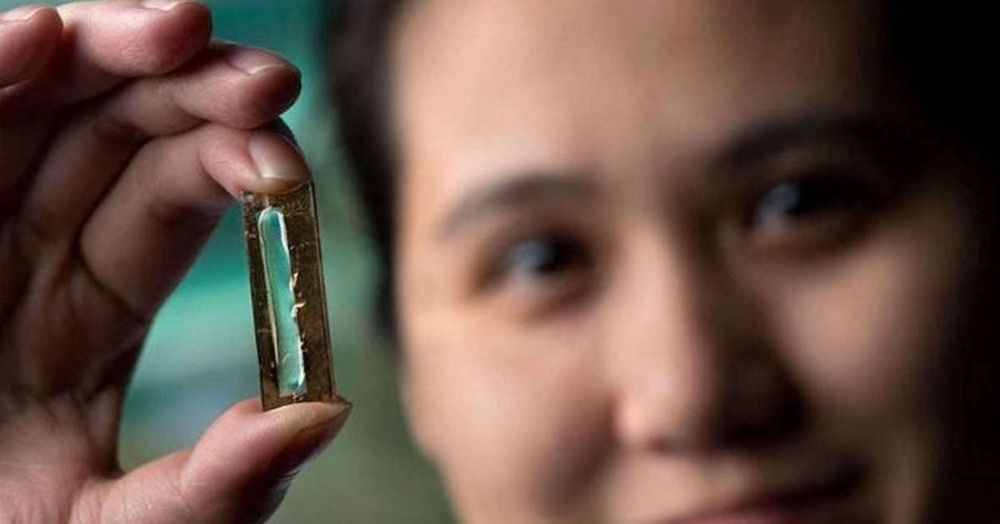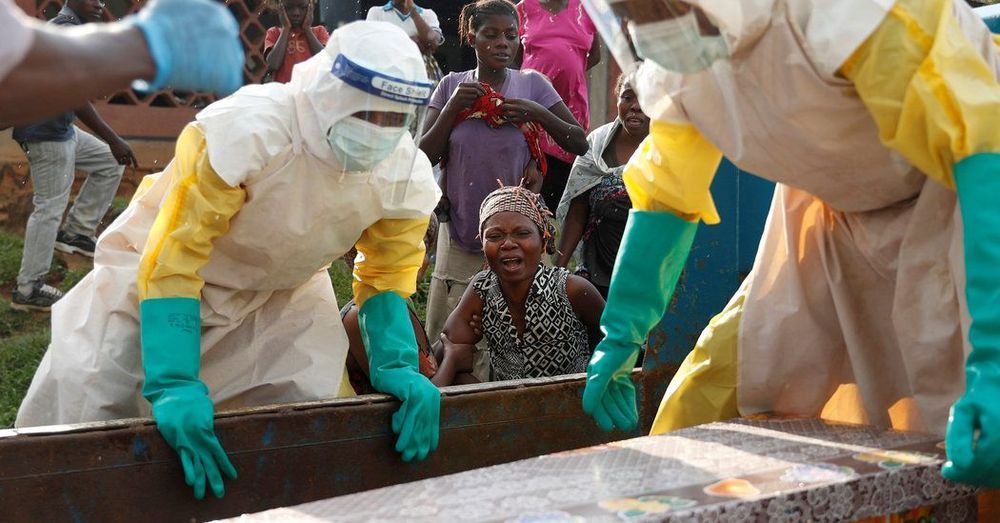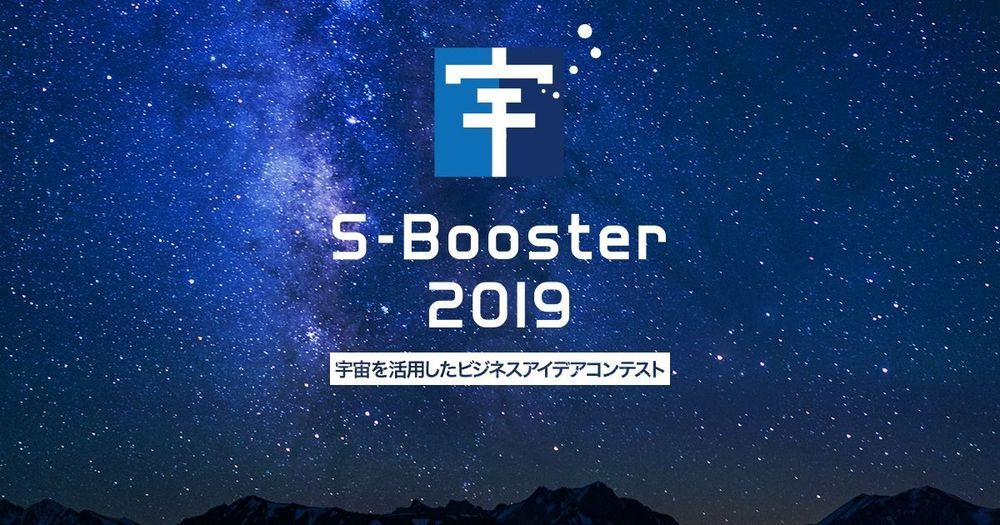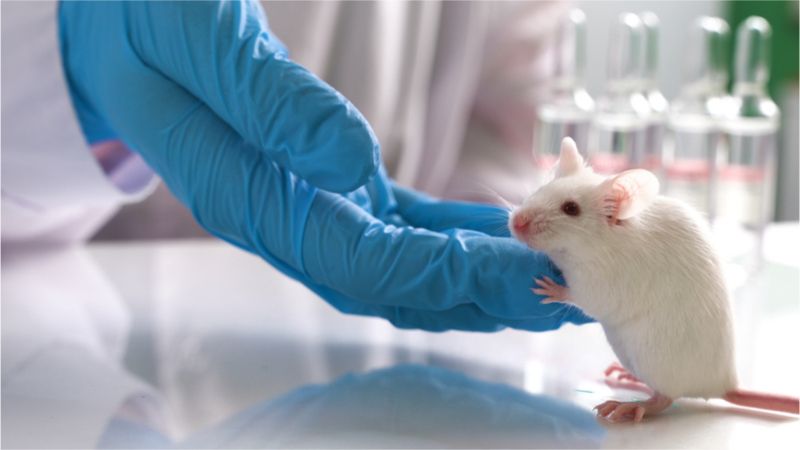Researchers at Cornell University in the US have created wirelessly powered walking robot bugs that are tiny enough to be injected through an ordinary hypodermic needle.
The microscopic robots, which are each just 70 microns long, were produced using a multistep nanofabrication technique that turns a 4-inch specialised silicon wafer into a million microscopic robots in just weeks.
“The really high-level explanation of how we make them is we’re taking technology developed by the semiconductor industry and using it to make tiny robots,” explained Marc Miskin, assistant professor at the University of Pennsylvania, who developed the techniques whilst a post-doc at Cornell University with his colleagues professors Itai Cohen and Paul McEuen and researcher Alejandro Cortese.
